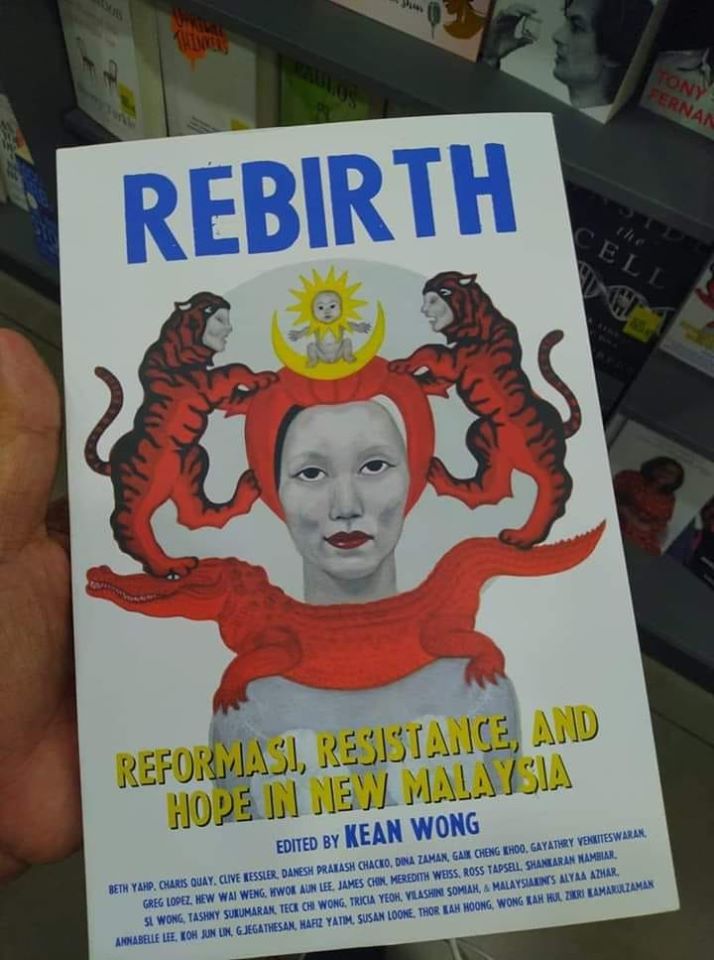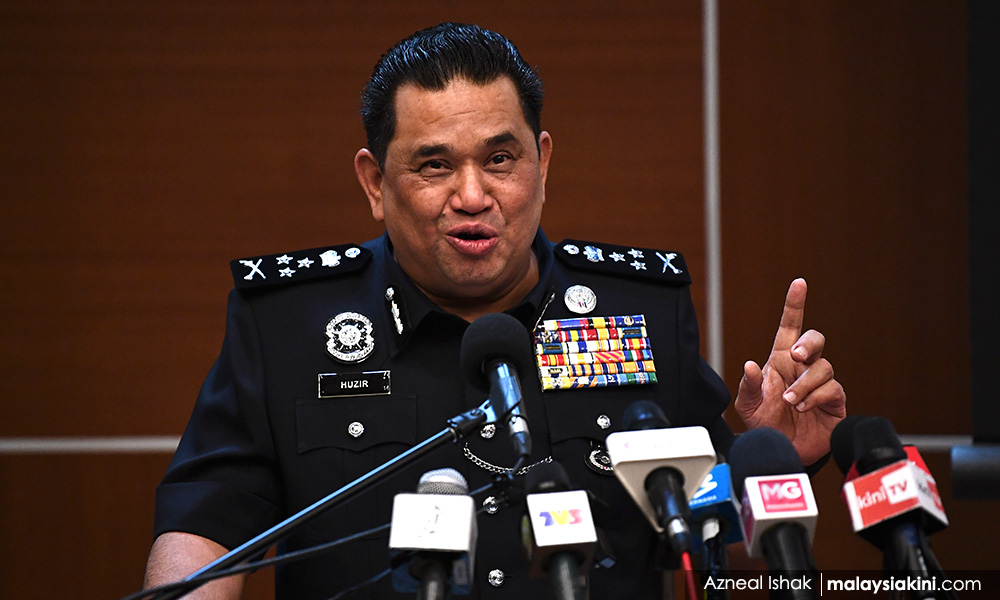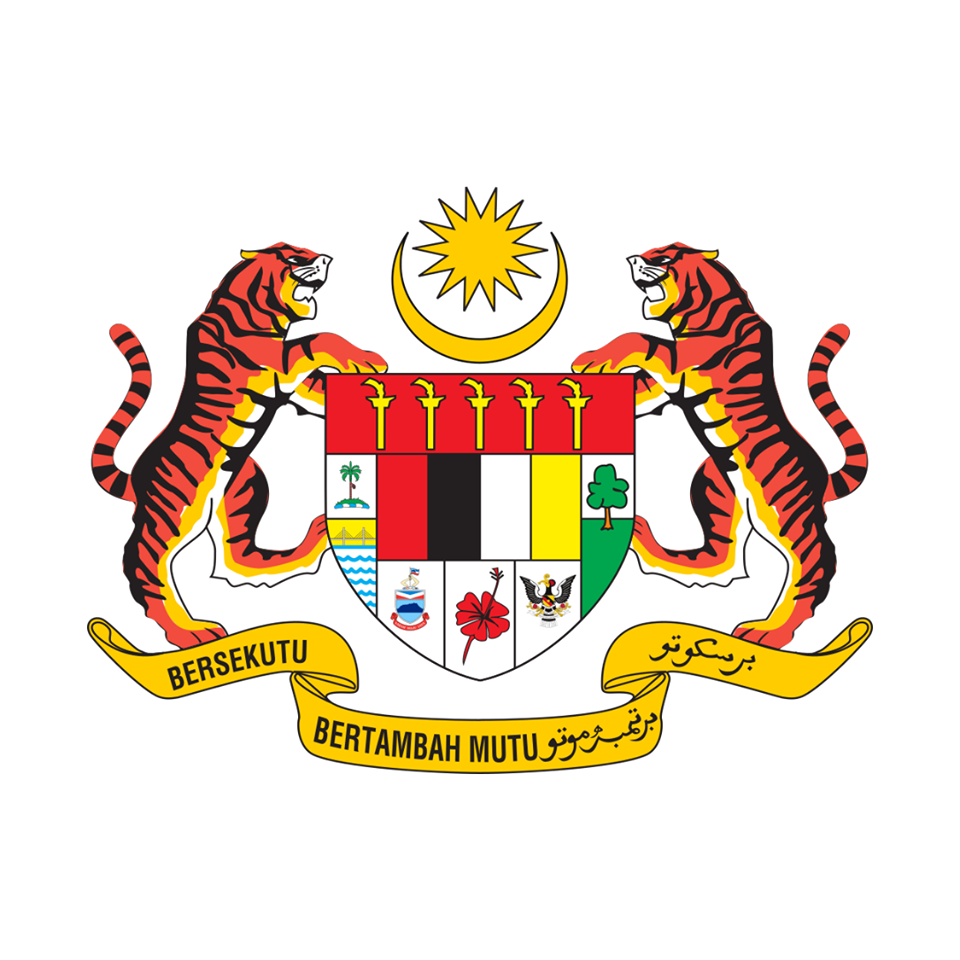What's The Issue With This Book That Allegedly Insults Malaysia's Coat Of Arms?
Bukit Aman's Classified Criminal Investigations Unit raided a company in Petaling Jaya and seized over 300 copies of the book on 30 June after political parties in the ruling coalition lodged more than two dozen police reports.
The cover of a book Rebirth: Reformasi, Resistance, and Hope in New Malaysia have ruffled the feathers of many in the country
The book was published earlier this year before the collapse of the Pakatan Harapan (PH) administration, following which a new coalition, led by UMNO and PAS, under the name of Perikatan Nasional (PN) took over — a first in Malaysian history, which saw the federal government change without a general election.
The book is a collection of articles, reports, and political analysis surrounding the 14th General Election (GE14) when PH was voted to power and its cover features a pale-faced woman with a naked baby on top of her head while being flanked by two tigers bearing humanoid faces standing on top of a crocodile.
"More than a year after ordinary Malaysians did the extraordinary and voted out a government in power since 1957, a raw reality has set in. On the eve of a once-idealised 'Vision 2020' of modern Malaysia, Rebirth: Reformasi, Resistance, and Hope in New Malaysia questions an uncertain nation's possible futures," according to its now-deleted listing on Gerakbudaya, the book's publisher and distributor.
So far, 32 police reports have been lodged against it by people from UMNO and PAS, alleging desecration of the national symbol
In fact, Bukit Aman's Classified Criminal Investigations Unit has carried out a raid at a company in Petaling Jaya, Selangor that was distributing the books, where they seized over 300 copies.
"Based on the initial investigation, we received information that 1,000 units (of the book) were printed. We seized 313, while the rest were already distributed to customers who purchased the book online," Bukit Aman Criminal Investigation Department (CID) director Huzir Mohamed said in a statement.
While police have not arrested anyone so far, Huzir said that they will be calling up people connected with the book as part of their investigation under the Sedition Act, among others.
Malay Mail reported that Bukit Aman is investigating the case under Section 5 of the Emblems and Names (Prevention of Improper Use) Act, Section 8 of the Printing Presses and Publications Act, Section 233 of the Communications and Multimedia Act, and Section 4(1) of the Sedition Act.
The police action comes after several Islamist groups urged the Ministry of Home Affairs (MOHA) to take action against the book and asked for a ban, alleging that it is 'provocative' and threatens public order.
Following which, on 29 June, Home Minister Hamzah Zainudin said that he has ordered the Royal Malaysia Police (PDRM) to investigate and take strict action immediately.
"The government will not compromise against any party that takes such unpatriotic and irresponsible acts," he said in a Facebook statement, where he added it is an offence to imitate the Malaysian coat of arms.
The issue with the book seems to be based on its cover
The artwork appears to bear a resemblance to the national coat of arms.
Those offended by the book's cover allege that it's insulting to the national symbol.
For its part, Chong Ton Sin, the director and founder of Gerakbudaya, has said that there was no intention to insult the coat of arms
"We did not have any intention to insult anyone with the book cover, or any ill intention for using the image. Secondly, regardless of this being unintentional, I nevertheless would like to apologise to anyone who gets offended by the cover," he was quoted as saying by Malaysiakini yesterday.
He then explained that the book cover was from a painting that had been exhibited in the country several years ago, and its usage on the book cover was arranged between the artist and the book editor.
"I did not think it would be a big deal or was even offensive because it is an old painting and felt it would not be a problem to make it the cover of a book," Chong told New Straits Times.
Corroborating Chong's claim that the cover was taken from an old painting, political graphic designer Fahmi Reza shared photos from the exhibition that took place in 2014 while Malaysia was under Barisan Nasional (BN) rule.
"To those who didn't know, the artwork that was used as the cover design on a book that allegedly disrespected the coat of arms was actually an old oil painting. It was displayed in a public art exhibition at a gallery in Kuala Lumpur during BN's time in 2014," Fahmi said on Twitter.
"It's erroneous to claim that an offence was committed"
According to Lawyers for Liberty (LFL), the Emblems and Names (Prevention of Improper Use) Act 1963 only prohibits the use of the official coat of arms without the written permission of the Minister.
"It does not prohibit any artistic rendition inspired from the nation's coat of arms such as the one used on the cover of the book, which no sane person would mistake for the country's actual coat of arms," the human rights and law reform group said in a statement issued today, 1 July.
LFL also said that the other three laws under which the case is being investigated "are notoriously oppressive and anti-democratic" and "should not be utilised by the authorities ever again".
The group questioned the sudden interest in the artwork used on the book cover by way of manufacturing controversy to strong-arm citizens from exercising their freedom of speech when the original artwork has existed back when the UMNO-led coalition was government of the day.
"Thus, it begs the question as to why such artwork is only now considered offensive and unacceptable?"
However, an academician claims that any attempt to distort the coat of arms is asking for trouble, which shows that "common sense is missing"
"Education aside, common sense also seems to be missing. People know there are laws to deal with such cases. When you distort the coat of arms, you know you are courting trouble," according to Dr Teo Kok Seong, a principal fellow of Ethnic Studies Institute (KITA) at Universiti Kebangsaan Malaysia (UKM).


